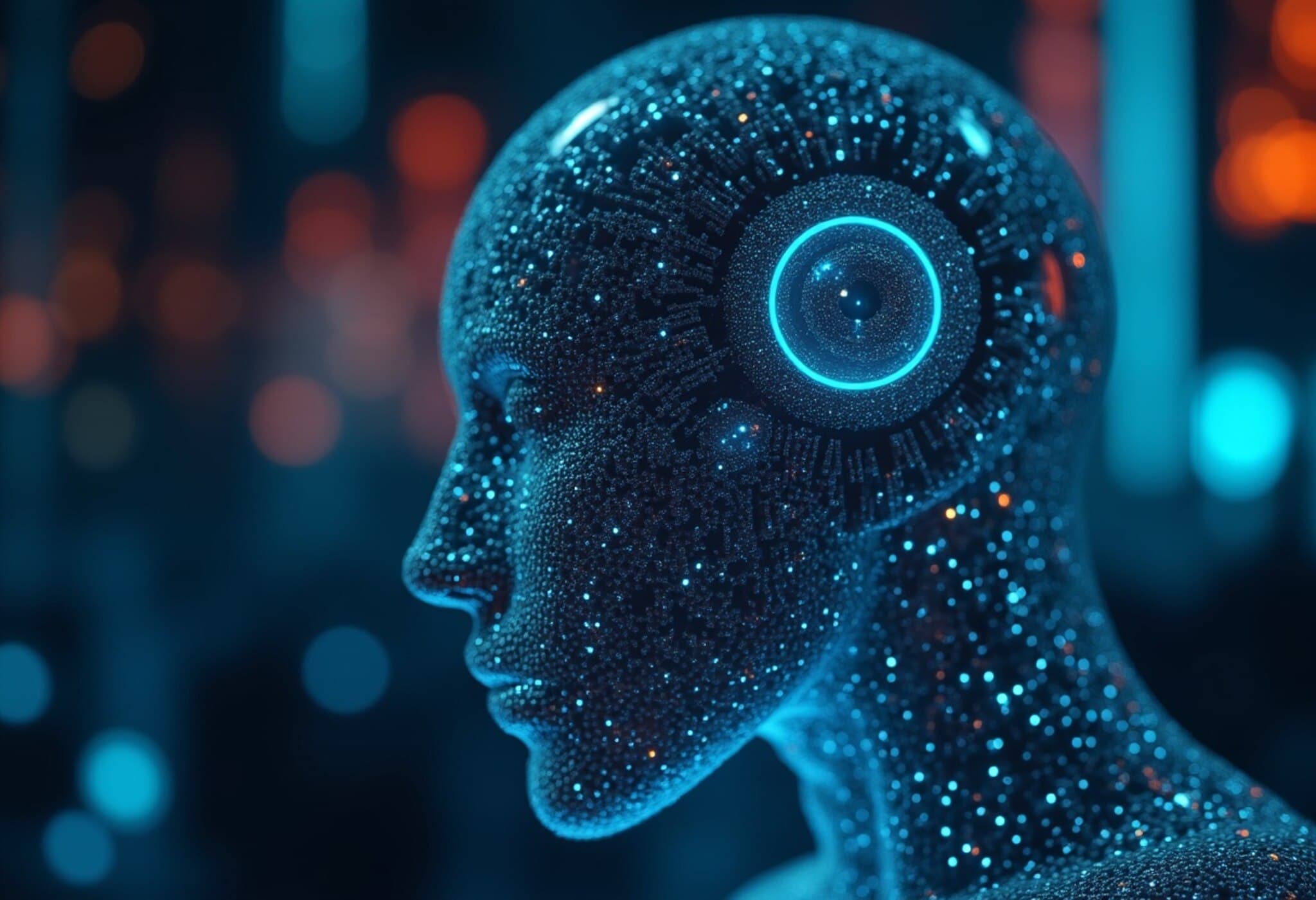Scarcity of Developers and SAP Experts Amid Growing AI Adoption
In an era where artificial intelligence is rapidly integrating into software development, concerns about the future relevance of software engineers continue to rise. However, Thomas Saueressig, Member of the Executive Board at SAP SE, stresses that the demand for skilled developers and SAP experts remains strong, underscoring the invaluable role of critical thinking and domain expertise.
“There is a significant scarcity of developers and SAP experts globally,” Saueressig remarked during the inauguration of SAP’s new campus in Bengaluru. “While AI tools enhance productivity, the demand for critical skills far exceeds supply.”
AI as a Job Creator, Not a Job Killer
Contrary to the narrative that AI might render software engineers obsolete, Saueressig envisions a future where AI stimulates the creation of new roles. “AI will create far more jobs than we currently anticipate,” he explained, emphasizing the growing need for professionals with deep industry know-how and domain-specific expertise. SAP’s strategic shift from general-purpose AI models to proprietary, domain-focused models exemplifies this trend, leveraging business-specific data and knowledge to differentiate AI applications.
The Expanding Role of Engineers Beyond Coding
The rise of AI coding assistants has sparked a debate on whether traditional coding skills will remain critical. Sindhu Gangadharan, SVP and MD of SAP Labs India, highlights that the engineer’s role transcends mere coding. “Modern software development demands collaboration among AI engineers, industry specialists, and business experts,” she said. “Critical thinking skills and cross-functional teamwork are essential to solving complex, real-world problems.”
Within SAP, these principles have been embraced wholeheartedly. Over 75% of SAP developers have undergone AI development training, and more than 90% use AI tools daily to enhance productivity and innovation. Such adoption reflects SAP’s vision of AI as an integral part of enterprise software rather than an isolated feature.
Embedding AI as the New User Interface
Saueressig envisions a future where AI is embedded seamlessly, becoming the “new UI” for enterprise applications. “There will be no business process without AI,” he said. The availability of vast amounts of high-quality business data positions SAP uniquely to train AI models that are reliable, relevant, and responsible, serving over 40,000 customers worldwide.
India’s Growing Role in SAP’s AI-First Strategy
India is central to SAP’s ambitions. SAP Labs India, now hosting over 17,000 employees, is spearheading products and processes related to critical workflows such as lead-to-cash and workforce management. Gangadharan affirmed that “every developer at SAP Labs India is and will be an AI developer,” underscoring the country's importance in the AI transition.
With the recent launch of its second campus in Bengaluru, spanning 41 acres and poised to accommodate up to 15,000 personnel, SAP is strengthening its presence and innovation capabilities in India. This expansion reflects confidence in the local talent pool and the rising global demand for AI-augmented software development.
Contextual Insights and Broader Implications
From a policy perspective, the scarcity of skilled tech talent amid rapid AI adoption poses critical challenges for workforce development. It underscores the need for educational programs emphasizing critical thinking, domain expertise, and AI proficiency—not just coding skills. Furthermore, it highlights how businesses must evolve hiring strategies to incorporate interdisciplinary teams combining AI, industry knowledge, and business acumen.
Economically, SAP’s approach reveals how enterprise giants leverage proprietary data to maintain competitive advantage in the AI era, a trend likely to reshape market dynamics and labor demands globally. For American and global software firms, this signals a pivot towards integrated AI solutions tailored to sector-specific needs, driving a new wave of innovation and specialized employment opportunities.
Questions for Consideration
- How can educational institutions better prepare students for roles that blend AI proficiency with domain expertise?
- What policies can governments enact to alleviate the talent scarcity in critical tech skills?
- How will proprietary, domain-specific AI models influence competition and innovation within the global software industry?
Editor’s Note
The narrative around AI displacing software engineers overlooks the nuanced reality that AI is transforming and expanding the engineering landscape rather than erasing it. SAP’s experience illustrates a paradigm shift where critical thinking, domain expertise, and cross-functional collaboration become paramount. As AI continues to weave into the fabric of enterprise technology, nurturing human talent with complementary skills remains the linchpin for sustainable growth and innovation. Readers are encouraged to reflect on how these evolving demands might shape their career paths or organizational strategies in the near future.
By integrating expert perspectives, contextual insights, and thoughtful analysis, this article aims to illuminate the persistent and growing relevance of human ingenuity amid the AI revolution.



















